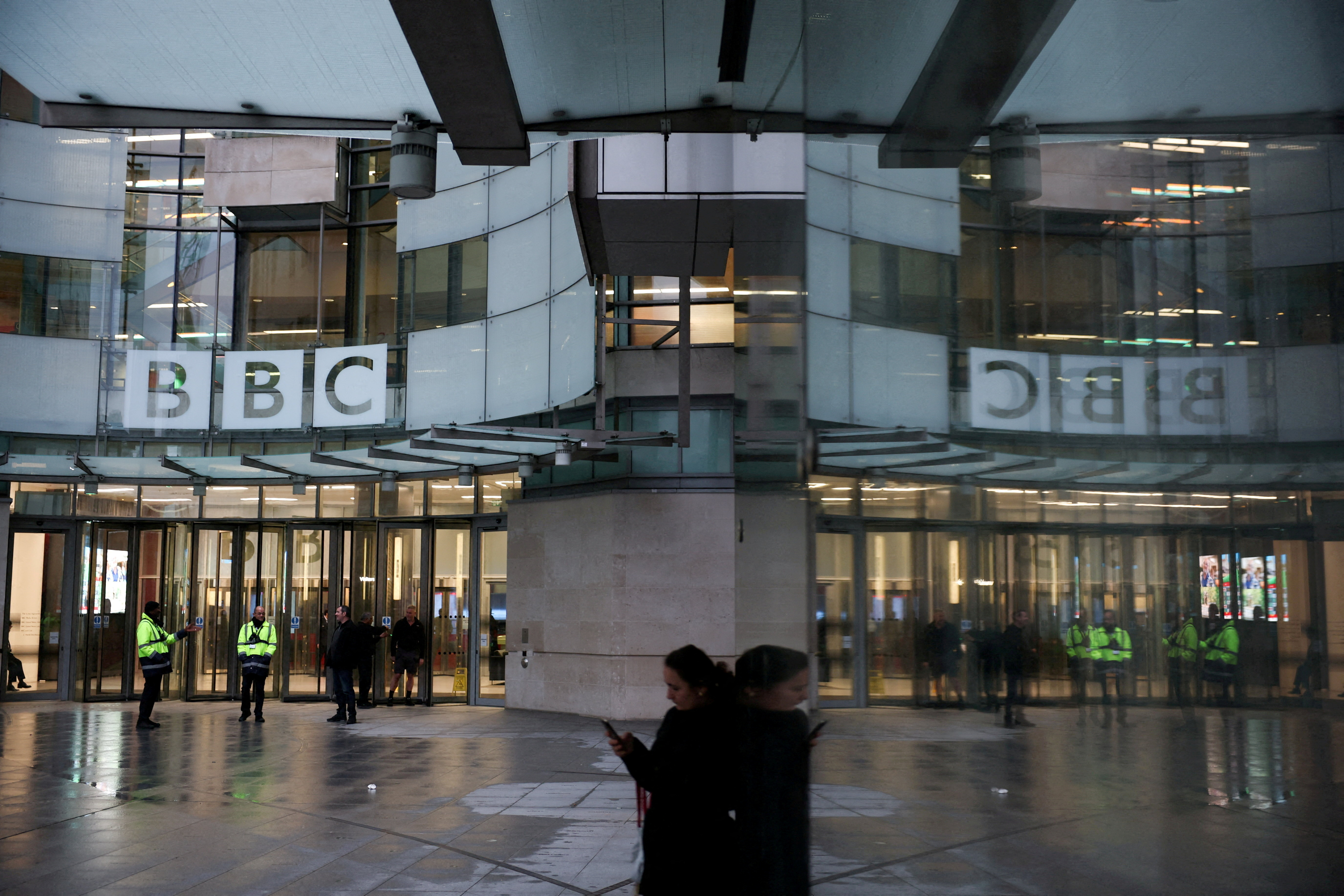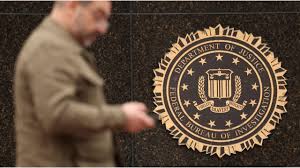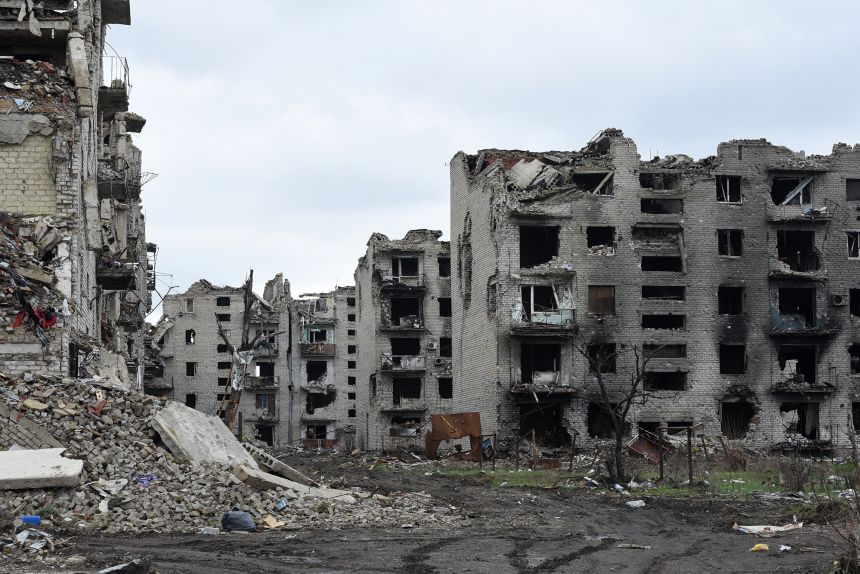WORLD NEWS

The BBC, long regarded as a standard-bearer for impartial journalism, is facing intense scrutiny and potential legal challenges after admitting that a Panorama documentary aired before the 2024 U.S. presidential election spliced parts of Donald Trump’s speech, making it appear as though he had advocated violence during the Capitol riots on January 6, 2021.
The admission has led to the resignation of BBC Director General Tim Davie and news chief Deborah Turness, while President Trump threatens a $5 billion lawsuit. The controversy has fueled criticism from governments traditionally hostile to independent news, potentially complicating the broadcaster’s operations abroad.
Global Fallout
The White House has called the BBC “100% fake news” and a “propaganda machine,” language typically reserved for hostile states like Russia. Indian authorities have suggested using the Panorama edit as leverage against the BBC in future disputes, while a G20 diplomat warned that the incident gives other countries a reason to adopt a tougher stance.
Russia, ranked 171st out of 180 countries for press freedom by Reporters Without Borders, labeled the BBC a propaganda tool. Former BBC editor Roger Bolton warned that yielding to Trump’s pressure could embolden other governments to challenge the broadcaster. BBC Chair Samir Shah has vowed to fight any lawsuit, noting that other U.S. networks, like ABC and CBS, settled meritless claims by donating to Trump’s presidential library.
Reputation Under Strain but Resilient
Despite the controversy, the BBC remains widely respected globally. In Britain, it continues to top polls as the most trusted news brand, and a 2025 YouGov survey placed it second in the U.S. behind the Weather Channel. Its World Service broadcasts in 43 languages across 64 countries, reaching 418 million people weekly, providing critical news in conflict zones and regions with restricted press freedom.
The broadcaster is, however, under financial and political pressure. Funding has decreased by £1 billion in real terms since 2010, forcing cuts to staff and services, which contributed to a 14% drop in audience numbers since 2022/23. To offset this, the BBC has expanded commercially, including launching a paywall in the U.S., where nearly 60 million users access BBC.com.
Experts note that the BBC’s credibility is crucial in a landscape of growing disinformation. Emily Bell, of Columbia Journalism School, highlighted that U.S. legal or regulatory pressure could restrict the BBC’s access to press briefings and oversight, complicating its mission to provide impartial news.
Conclusion
While the Panorama controversy has dented the BBC’s image, supporters emphasize that a single mistake does not define the organization’s long-standing reputation. Former World Service controller Mary Hockaday stressed that international audiences continue to trust the BBC and see it as a lifeline in areas with limited press freedom, underscoring the broadcaster’s ongoing global significance.




